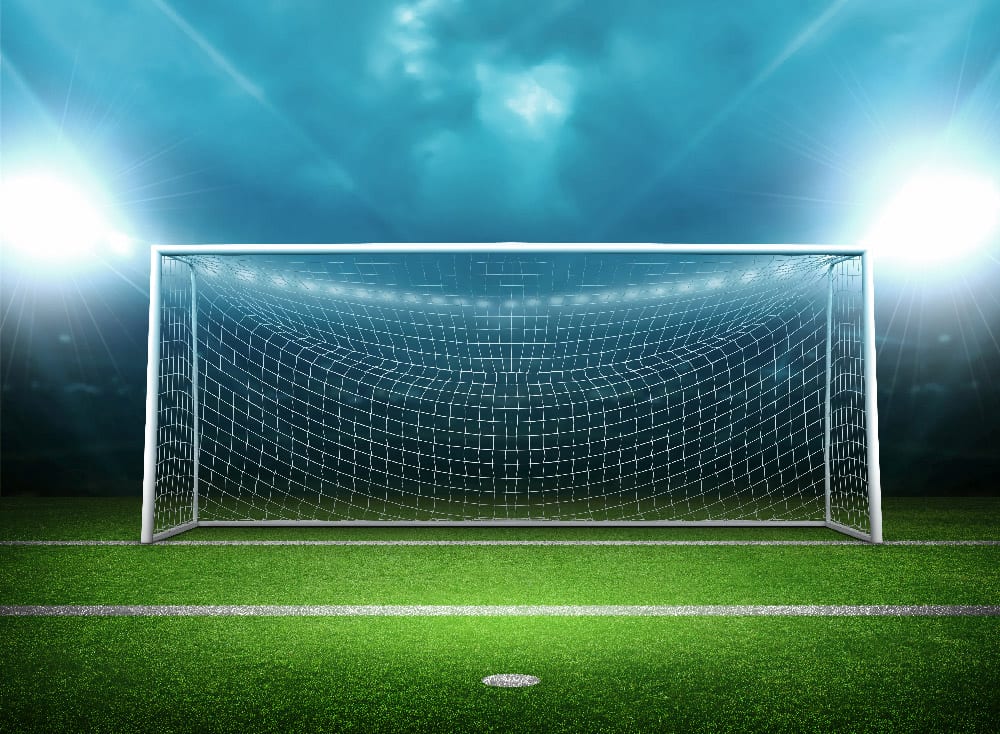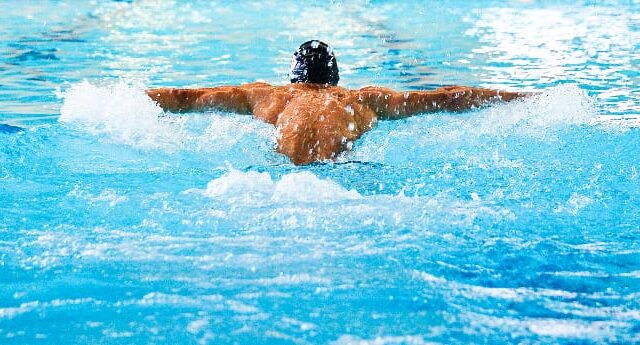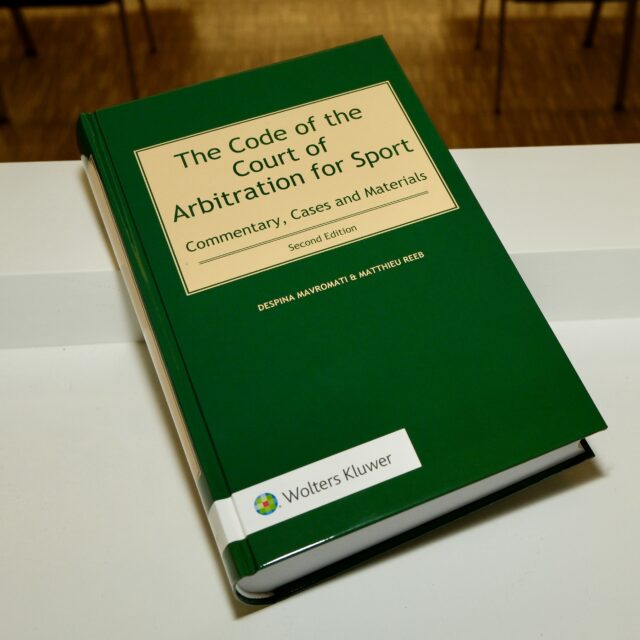FC A. v. B & Algerian Football Federation, Judgment 4A_268/2019 of October 17, 2019 –
Appeal against the CAS Award of April 9, 2019 (CAS 2018/A/5881)
Background Facts and Procedure
A trivial labor law dispute between a football player and his club was initially brought by the Player before the judicial instances of the national football federation (the Algerian Football Federation, AFF) and subsequently before the CAS. The latter declined its jurisdiction and the Player subsequently filed a motion to set aside the CAS Award, declare that the CAS Panel should have accepted its jurisdiction and revert the case back to the CAS in order to rule on the merits of the dispute.
The contract between the Player and his Club
Both the contract between the parties and the statutes of the federation provided for the jurisdiction of the FAF judicial tribunals. The CAS Panel found that the federation lacked legal standing or that its jurisdiction ratione personae could not extend to the federation, which was not bound by the arbitration agreement of the contract between the parties. This was disputed by the Player who supported that the decision of the federation’s tribunal should be imputed to the federation itself, since the former is an organ of the latter. According to the CAS Panel, the fact that the tribunals of sports federations are not proper tribunals (courts) does not de facto lead to the standing of the federation itself in any appeals against decisions rendered by the judicial bodies of the federation in question. Similarly, the fact that the arbitration agreement has its origin in the statutes of the Federation does not mean that the latter has the quality of party in a procedure opposing a player to his (former) club (at 3.3).
Repetitio est mater studiorum: The FIFA Statutes do not confer an immediate and direct right of appeal of the decision of a national federation’s judicial body to the CAS.
Overall, there is nothing revolutionary in the CAS panel’s finding, which referred to the well-established CAS jurisprudence and was also confirmed by the Federal Tribunal. Accordingly, the appellant could not rely directly on FIFA’s statutory provisions, which merely constitute an instruction to the member federations and confer no immediate right to appeal a decision to the CAS (at 3.4.2, with references to MAVROMATI / REEB, The Code of the Court of Arbitration for Sport, p. 390: n. 30).
The Federal Tribunal also distinguished this case from other cases involving a dispute between a federation and its club: in another CAS award the Panel found itself competent to decide on such a matter considering that a literal interpretation of this article would lead to an asymmetry contrary to the equality of treatment between the parties.

The other side of Pechstein & Mutu against Switzerland.
The Player also tried to link the jurisdictional plea to the lack of independence of the federation’s tribunal, referring to art. 6 para. 1 of the European Convention on Human Rights (ECHR). The Federal Tribunal referred to the non-direct applicability of the ECHR in the context of an appeal to the Swiss Federal Tribunal. It also referred to the waiver of certain rights guaranteed by the ECHR in case of a non-forced arbitration agreement like in the case at hand (see also the judgment of the European Court of Human Rights Mutu and Pechstein against Switzerland of October 2, 2018, n. 96).







